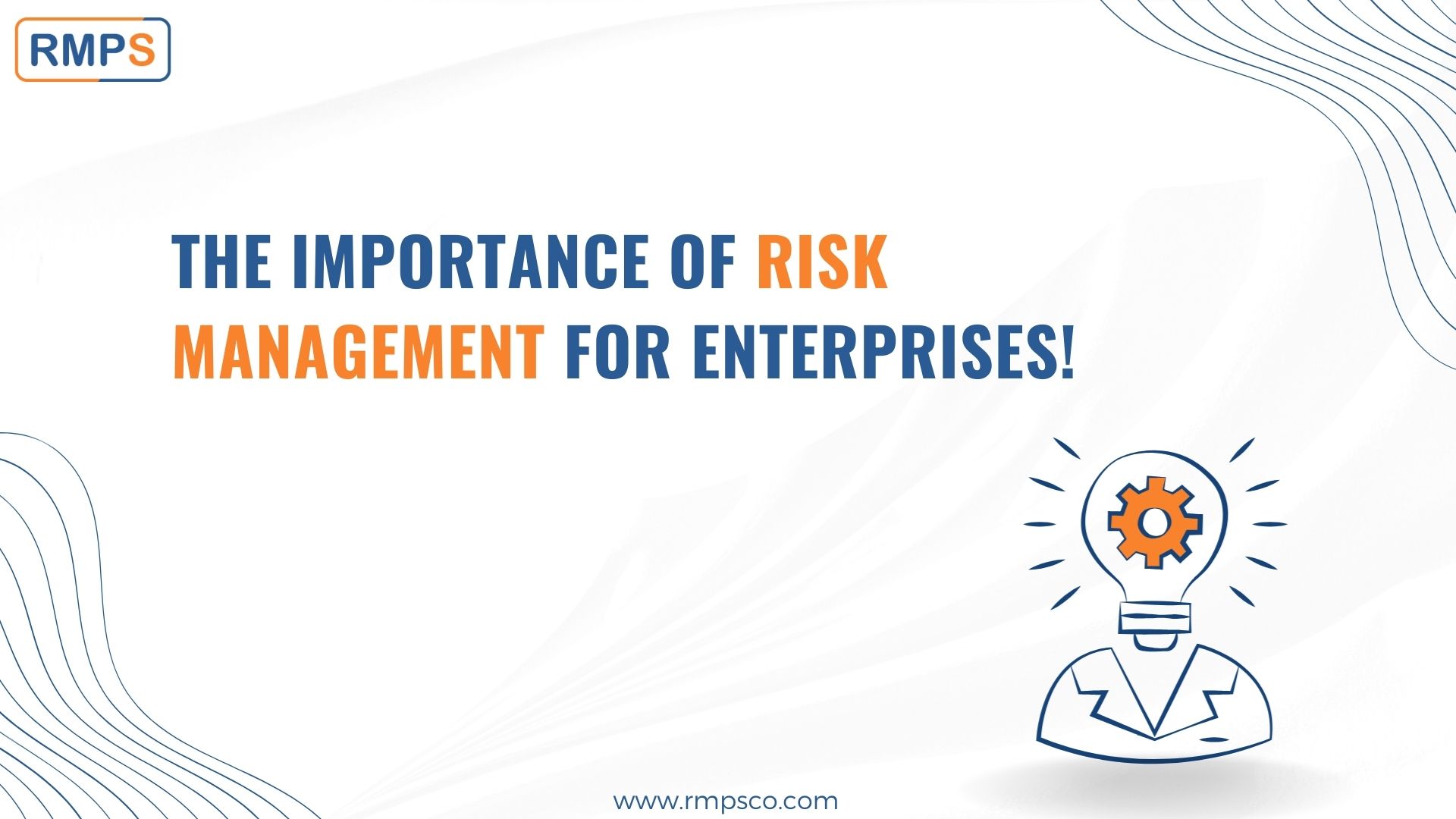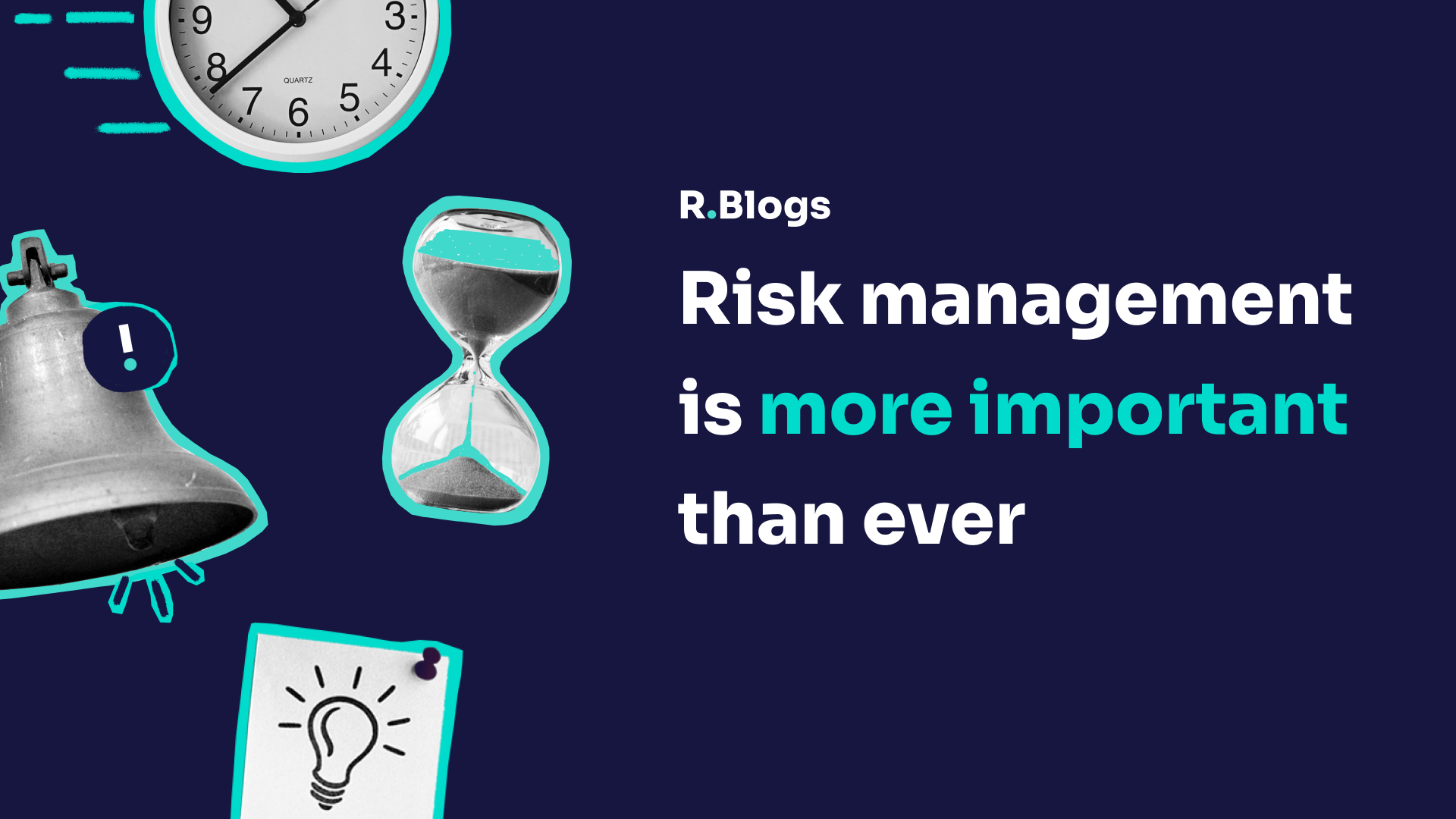The Inarguable Importance of Risk Management in Safeguarding Organizational Success
The Inarguable Importance of Risk Management in Safeguarding Organizational Success
Blog Article
The Importance of Understanding the Value of Risk Management in Various Industries

The Core Idea of Risk Management and Its Purpose
Risk Management, the foundation of many sectors, depends upon the identification, analysis, and mitigation of uncertainties in a business atmosphere. It is an integral practice that allows organizations to protect their properties, reputation, and total survival. By correctly recognizing potential risks, services can create techniques to either protect against these dangers from occurring or reduce their influence. The evaluation procedure involves assessing the possibility and prospective intensity of these threats. The mitigation process entails creating techniques to lower their potential influence as soon as threats have actually been recognized and assessed. This process is recurring and intermittent, making sure that businesses are gotten ready for the ever-changing nature of Risk in different industries. The main function, thus, is to foster resilience amidst unpredictabilities.
Benefits of Carrying Out Risk Management in Organization Procedures

Introducing the Duty of Risk Management in Different Industries
While every market challenges its one-of-a-kind set of threats, the execution of Risk Management methods continues to be a common in their quest of sustainability and development. In the healthcare industry, Risk Management entails making certain client security and information defense, while in money, it involves mitigating investment threats and making certain governing conformity. Eventually, the function of Risk Management throughout industries is to determine, examine, and minimize threats.
Real-life Study Showing Effective Risk Management
To comprehend the importance of Risk Management in these numerous sectors, one can Clicking Here look to numerous real-life circumstances that highlight the effective application of these procedures. In the power industry, British Oil created Risk mitigation intends post the 2010 Gulf of Mexico oil spill. They executed far better security treatments and more stringent policies which significantly minimized further mishaps. In finance, Goldman Sachs efficiently navigated the 2008 economic crisis by identifying possible mortgage-backed safeties dangers early. Lastly, Toyota, publish the 2011 earthquake in Japan, modified its supply chain Management to lessen disruption threats. These cases show how markets, picking up from situations, successfully applied Risk Management strategies to minimize future threats.
Future Patterns and Growths in Risk Management Strategies
Cybersecurity, once a peripheral concern, has catapulted to the leading edge of Risk Management, with techniques concentrating on avoidance, reaction, and detection. The combination of ESG (Environmental, Social, Governance) aspects into Risk Management is another growing fad, mirroring the raising recognition of the role that social and ecological dangers play in company sustainability. Thus, the future of Risk Management lies in the fusion of innovative modern technology, innovative approaches, and an alternative strategy.
Conclusion
Finally, recognizing the value of Risk Management throughout a spectrum of industries is vital for their durability and prosperity. Tailored techniques can aid alleviate potential risks, guard Extra resources assets, and foster stakeholder depend on. Additionally, positive decision-making aids in regulative compliance and optimizes source usage. Eventually, effective Risk Management adds to much more resistant and sustainable businesses, highlighting the value of this practice in today's very affordable and dynamic service setting.
While every market challenges its special collection of dangers, the implementation of Risk Management techniques continues to be a typical in their quest of sustainability and development. In the health care market, Risk Management requires guaranteeing individual security and data defense, while in financing, it includes mitigating financial investment dangers and guaranteeing governing conformity. Eventually, the role of Risk Management across industries is to determine, examine, and mitigate dangers. These instances show how sectors, learning from situations, effectively next page used Risk Management approaches to minimize future dangers.
:max_bytes(150000):strip_icc()/operational_risk.asp-Final-4be32b4ee5c74958b22dfddd7262966f.png)
Report this page